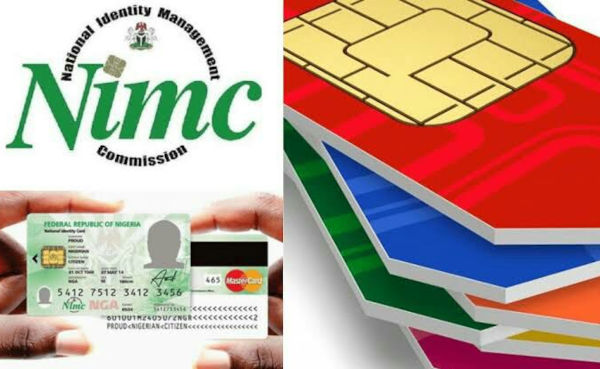The Federal Government of Nigeria has released a set of new regulations guiding the issuance, exchange and custody of digital assets in Nigeria.

The Securities and Exchange Commission (SEC) released the new regulations in a statement on Saturday on its website.
The SEC stated that the new guidelines mandate the registration of “the offering and sale of digital tokens that are considered securities”.
The commission disclosed that it would review applications within 30 days before determining whether the digital asset proposed to be offered constitutes a “security.”
Any application for registration of digital assets if, in its opinion, the proposed activity infringes public policy, is injurious to investors or violates any of the laws, rules and regulations implemented by the commission, the SEC added.
According to the commission, the new guidelines shall apply to all issuers seeking to raise capital through digital asset offerings, adding that it provides that issuers may only raise funds within a limit of N10 billion.
The commission, however, added that it could adjust the ceiling from time to time.
It revealed that digital asset actors include Digital Asset Offering Platforms (DAOPs), Digital Asset Custodians (DACs), Virtual Assets Service Providers (VASPs), and Digital Assets Exchange (DAX).
According to the regulation, SEC said it would accommodate DAOPs provided it tendered evidence of a minimum paid-up capital of N500 million and a current fidelity bond covering at least 25 per cent of the minimum paid-up capital.
The regulation requires applicants seeking to register a DAOP to pay N100,000 for the filing or application fee, N300,000 for the processing fee, N30 million for the registration fee, and N100,000 for sponsored individuals.
These new regulations by the SEC come two years after the Central Bank of Nigeria (CBN) directed commercial banks to stop transactions in cryptocurrencies in the country.































